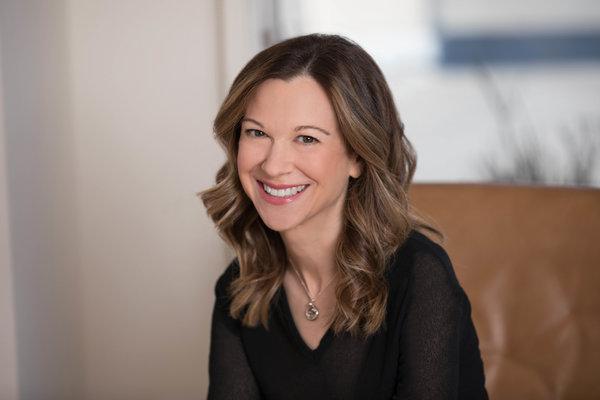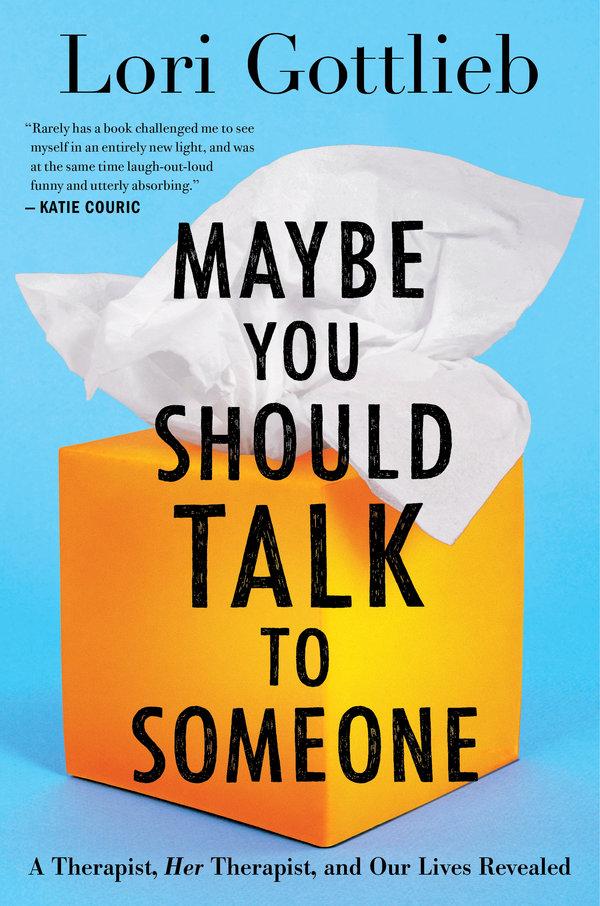When my client came to my office for therapy just shy of her 70th birthday, I didn’t know if I could help her.
A divorced mother estranged from her four adult children — because of her bad mothering, she explained — she was living alone, retired from a job she disliked, racked with sorrow over the way her children’s lives had turned out, and saw no reason to get up in the morning. Could anything, she wondered, change at this late date?
As I listened to her situation, I had the same question: Was it too late for things to change? I felt pretty confident that I could help her make certain changes, like becoming less socially isolated. But what really plagued her, day after day, was that her children were suffering, and she’d been the cause.
Her daughter, the eldest, was in an abusive long-term relationship. One of her sons had been struggling since his teens with addiction. Another was stuck in a menial job, and the other had been in a volatile marriage. So even if she could become happier, she wondered, did she really deserve it? How could she be happy if her children were miserable?
I couldn’t deny my client’s role in their suffering. Back when she was a college sophomore, she had met her future husband, a charming, engaging upperclassman who was everything her distant older parents weren’t. But after they had kids — one after the other — her husband began drinking, and she felt trapped, just as she had in her childhood home.
Where would she go? Half a century ago, how would a single mother, an unemployed college dropout with four children and no outside family support, make a living? So she numbed herself with denial, looking the other way when her husband would fly into drunken rages at the children, hurl abusive insults their way, and later, strike one of their sons.
Eventually, she did take the kids and leave, but the damage had been done. Wasn’t her failure to protect her children, she asked me, unforgivable?
She described her own childhood, wondering if she was at fault for her parents’ distance from her, brooding over it alone in her room. Have I done something to upset them, to cause them to take so little interest in me? They’d waited a long time to have a child, their only one; had she not lived up to what they had hoped for?
I thought about her children and how confusing and harrowing their childhoods must have been. How furious they must be now. How they must not want to deal with their mother coming to them, as she had several times over the years, in tears and begging for a relationship.

Lori GottliebCreditShlomit Levy Bard
Over the next several months, my client and I talked about why she hadn’t protected her children. And we arrived at something she hadn’t been aware of: She had envied her children.
She wasn’t unusual in this. Take the case of a mother who came from a household with little money and who now admonishes her child every time she gets a new toy by saying, “Don’t you realize how lucky you are?” A gift wrapped in a criticism. Or consider the father who takes his son to visit the college that he himself had dreamed of attending but spends the tour making snide, embarrassing comments.
Why do parents do this? Often, they envy their children’s childhoods — the opportunities they have. They strive to give their children all the things they themselves didn’t have, but sometimes end up, without realizing it, resenting the kids for their good fortune.
My client envied her own kids their siblings, their comfortable childhood home, their opportunities to visit museums and travel, and their young, energetic parents. And it was, in part, her unconscious envy that kept her from saving them in the way she so badly wanted to be saved when she was young. Could they be expected to forgive her?
Forgiveness is a tricky thing, in the way that apologies can be. Are you apologizing because it makes you feel better or because it will make the other person feel better? Are you sorry for what you’ve done or are you trying to placate the other person who believes you should be sorry for the thing you feel completely justified in having done? Who is the apology for?
There’s a term we use in therapy: forced forgiveness. Sometimes people feel that in order to get past a trauma, they need to forgive whoever caused the damage — the parent who sexually assaulted them, the burglar who robbed their house, the gang member who killed their son. They’re told by well-meaning people that until they can forgive, they’ll hold on to the anger.

Granted, for some, forgiveness can serve as a powerful release. But too often people feel pressured to forgive and then end up believing that something’s wrong with them if they can’t quite get there — that they aren’t enlightened enough or strong enough or compassionate enough.
So what I say is this: You can have compassion without forgiving. There are many ways to move on, and pretending to feel a certain way isn’t one of them.
I didn’t have to forgive my client for what she’d done with her children — and neither did they. She was asking forgiveness of others to avoid the much harder work of forgiving herself. She and her children would always feel the pain of their shared pasts, but shouldn’t there be some redemption? I wanted to be realistic about the considerable scars they all bore, but the more I got to know my client, the more I hoped she wouldn’t be consigned to a life sentence. Maybe all these decades later, she could be released on parole.
As she took an unsparing look inward, she began, tentatively at first, to allow herself to create a life that resided side-by-side with her regret. She met a kind man. She made friends with her neighbors She created a small business, born of a long-repressed passion. And she gently approached her children, asking nothing of them, offering only her newfound insight and whatever love and support they were interested in receiving.
Ultimately, three of the four children reached out to her and also started to form a relationship with her boyfriend, allowing them to experience, for the first time, a reliable, stable father figure. Her children are still cautious and angry, but that’s O.K. — at least this time, their mother is able to hear them without shielding herself with defensiveness or tears. Her youngest son remains estranged, but the others, taking a cue from their mother, began to make hard-won and significant changes in their own lives, releasing themselves from their shackles as well.
It’s not an ideal family, or even always a functional one, but it’s family.
“It’s an opening,” I’d said back when her daughter responded to her initial letter but wasn’t ready to resume contact. It’s been an opening for all of them.
Lori Gottlieb is the author of “Maybe You Should Talk to Someone: A Therapist, Her Therapist and Our Lives Revealed,” from which this essay was adapted.

